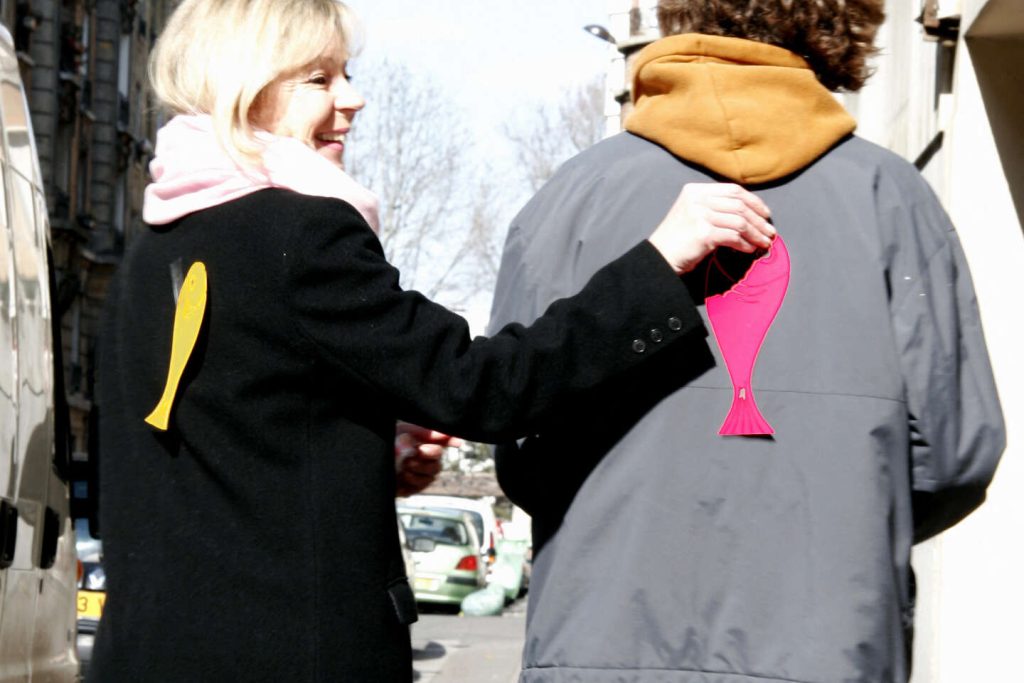The tradition of April Fools’ Day in France, where people play pranks and jokes on each other, has its origins in the changing of the calendar system. Prior to 1564, the year in France began on March 25, but with the introduction of the Gregorian calendar, the start of the year was moved to January 1. This change led to the continuation of the tradition of exchanging gifts between March 25 and April 1, which eventually evolved into playing tricks and pranks on April 1 to mark the “false” New Year.
In other European countries, April 1 is linked to medieval traditions such as the “feast of fools” in England, a carnival held at the end of March. The English term “April fool’s day” reflects this connection. The tradition of playing pranks and jokes on this day has been embraced in various cultures with different interpretations and customs.
The origins of the “poisson d’avril” or “April Fish” tradition, where people attach paper fish to each other’s backs as a prank, are more disputed. Various theories suggest different explanations for this practice, including a story about a prince of Lorraine escaping from prison by swimming across a river on April 1. Another explanation ties the tradition to the beginning of the fishing season in April, when fish are difficult to catch, symbolizing the elusive nature of a prank.
There is also a theory linking the “poisson d’avril” tradition to the passion of Christ and the religious significance of the fish symbol in early Christianity. The use of fish as a symbol for April Fools’ Day may have stemmed from medieval plays depicting the transfer of authority from one figure to another, replacing the figure of Jesus with that of a fish to avoid offending religious sensibilities.
Overall, April Fools’ Day is a time-honored tradition that continues to be celebrated in France and around the world with pranks, jokes, and humorous pranks. The evolution of the holiday from a time of gift-giving to a day of playful deception reflects the changing cultural significance of the start of the new year and the lightheartedness of the spring season. Despite the uncertainty surrounding the origins of specific customs such as the “poisson d’avril,” the spirit of April Fools’ Day endures as a time for laughter and good-natured fun.














